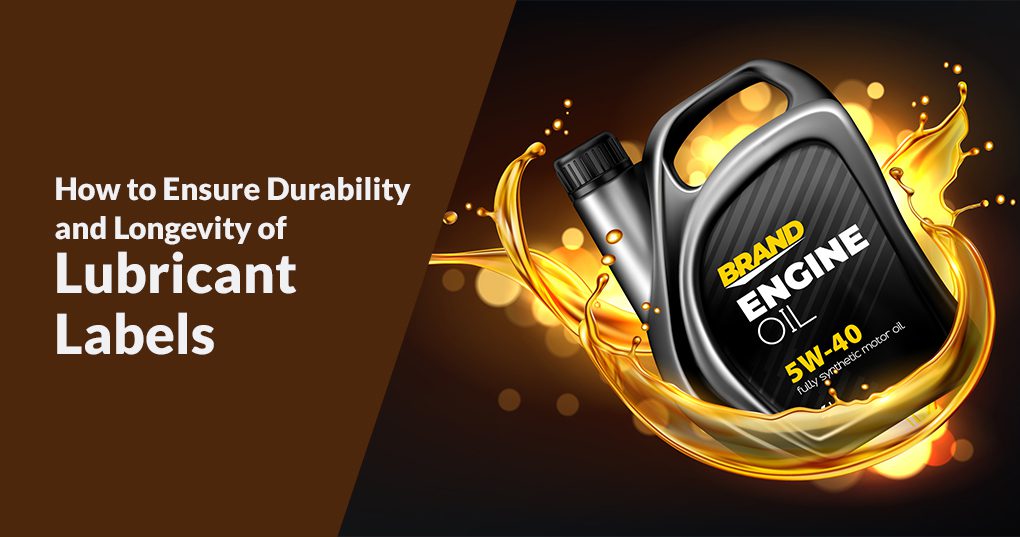
Lubricants, from auto oils to factory greases, are critical items for machinery, engines, and other equipment. The products present special challenges when it comes to labeling, however, since the labels must survive harsh environments in addition to transmitting important information. Whether it’s heat, oil, water, or chemicals, lubricant label durability is crucial.
In this blog, we are going to learn about how to make lubricant labels durable and long-lasting and why it’s so important to hire the appropriate lubricant labels printing company. We will talk about the essential factors that help extend the lifespan of labels and how Star Labels can assist you in fulfilling these requirements.
The label material is an important factor in its durability in harsh environments. Lubricant labels must be constructed from tough, durable materials that can resist heat, water, chemicals, and abrasion. Typical materials are:
Polyester (PET): A widely used material for lubricant labels because it resists high temperatures and chemical exposure. It also has good tear and wear resistance, making it suitable for heavy-duty applications.
Vinyl: Usually used for its ease of use and water resistance. Vinyl labels resist exposure to greases and oils, and so are a perfect option for lubricants.
Polypropylene: Resistant to chemicals and oil, polypropylene is a strong option when high resistance to water and weather is needed.
Selecting the appropriate material is the initial step towards ensuring the longevity of lubricant labels. Manufacturers of lubricant labels must be well aware of the properties of various materials so that they can suggest the most appropriate one for every particular product.
Even the most rugged label material won’t work if the adhesive isn’t strong enough to keep the label attached. The adhesive utilized has to be formulated to bond specifically with lubricant container surfaces, whether they’re metal, plastic, or glass. Labels put on lubricant containers usually come into contact with environmental stress factors, such as temperature variation, moisture, and vibration. So, the utilization of an adhesive that resists these forces is crucial.
Permanent Adhesives: These are best for products that must remain firmly attached for the long term, even under high-stress conditions.
Oil-Resistant Adhesives: For lubricant applications, these adhesives ensure that the label will not peel when in contact with oils and grease.
Besides choosing the appropriate materials, the printing quality itself plays an important role. The printing process should be carried out using high-quality inks that will not fade or smudge when contact with oil, chemicals, or direct sunlight is made. Moreover, inks should be sufficiently resilient to be able to withstand heat, as lubricant products are usually stored or applied in hot environments, like engines.
Lubricant label printing companies can make use of specialty inks that are abrasion-resistant, UV-resistant, and heat-resistant. These inks ensure that the label remains legible during the life of the product, even under harsh conditions.
Protective laminations or coatings have the potential to drastically increase lubricant label durability. Adding a protective coating may protect the label against moisture, oil, scratching, and other kinds of physical damage. Typical types of coatings are:
UV Coating: This adds an extra layer of protection against the UV rays that would otherwise make the label fade or deteriorate when it gets sunlight.
Gloss or Matte Lamination: Both provide protection against moisture and wear. Gloss lamination offers a glossy look, while matte lamination has a less vibrant appearance but is still protective.
Applying these coatings not only enhances the life of the label but also the appearance, so the label is more attractive and durable.
Lubricants frequently encounter extreme temperatures. In high-temperature conditions, labels may crack, peel, or fade. To ensure the label does not crack, peel, or fade in high-temperature conditions, materials, inks, and adhesives that are resistant to temperature extremes need to be chosen. Labels for use on automotive or industrial equipment need high-temperature resistance testing.
Lubricants naturally have oils and chemicals that, over time, can destroy labels. For instance, contact with oils and greases can make labels dissolve, peel, or lose print definition. Lubricants label producers need to ensure that the label materials employed are resistant to chemicals, and that the printing techniques and adhesives do not react with the lubricant or chemicals in any manner.
Choosing the appropriate lubricants label manufacturer is important to guarantee that your labels are long-lasting and meet the necessary industry standards. A good manufacturer should provide the following:
Customization Options: Labels must be customizable to fit your branding and labeling requirements. This includes variable data like barcodes, QR codes, and batch numbers.
Advanced Printing Technology: Select a supplier that employs advanced lubricant labels printing technology in order to produce high-quality and long-lasting labels that can tolerate environmental stresses.
Experience with Severe Conditions: Make sure that the supplier is experienced in printing labels for items that are used under severe conditions such as oils, water, heat, and chemicals.
At Star Labels, we specialize in providing high-quality labels for all industries, including lubricants. From first proof to last delivery, we are capable of fulfilling all your label printing requirements. Our internal artwork, design department, and advanced presses mean that each label is produced to your specification, whether this includes durability, longevity, or superior print finishes. Whatever label you need for automotive oils, industrial lubricants, or indeed food-grade lubricants, we have the skills to deliver labels that can survive the most extreme conditions.
In addition, our food label maker products guarantee that your food-grade lubricants meet the most stringent food safety standards, upholding the highest levels of quality and safety. Star Labels is also serious about our social and environmental responsibilities, making us the best lubricants label manufacturer. We follow rigorous corporate governance policies and emphasize sustainability by minimizing waste and reducing our impact on the environment. This focus is extended to our products, so that we not only assist our clients with long-lasting labels but also with sustainable solutions.
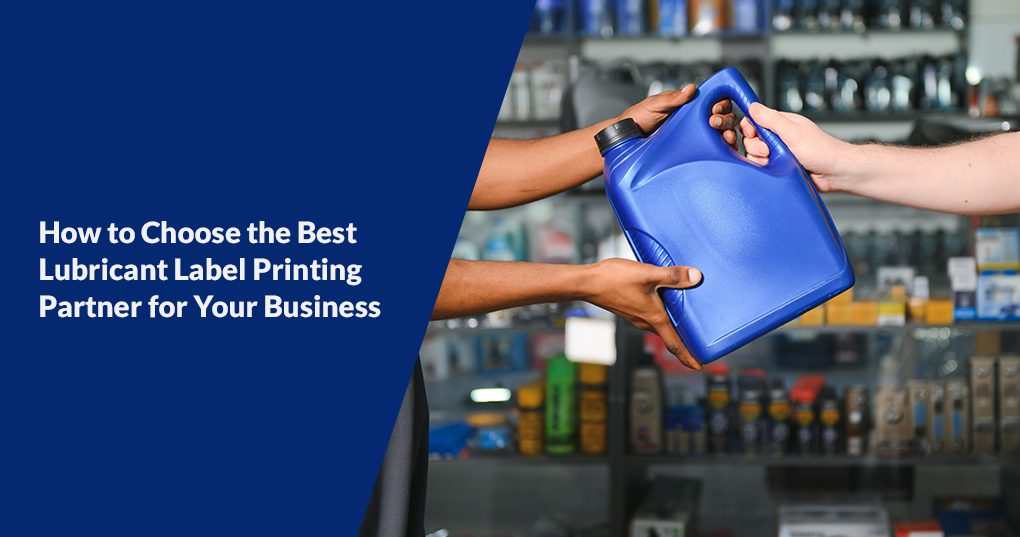
When it comes to lubricant products, from automotive oils to industrial greases, one of the most essential elements of packaging is the label. Not only do labels ensure

If you're a brand that needs packaging that really shows off your quality and commitment, you know how important the label is. It's basically the main way you tell peop
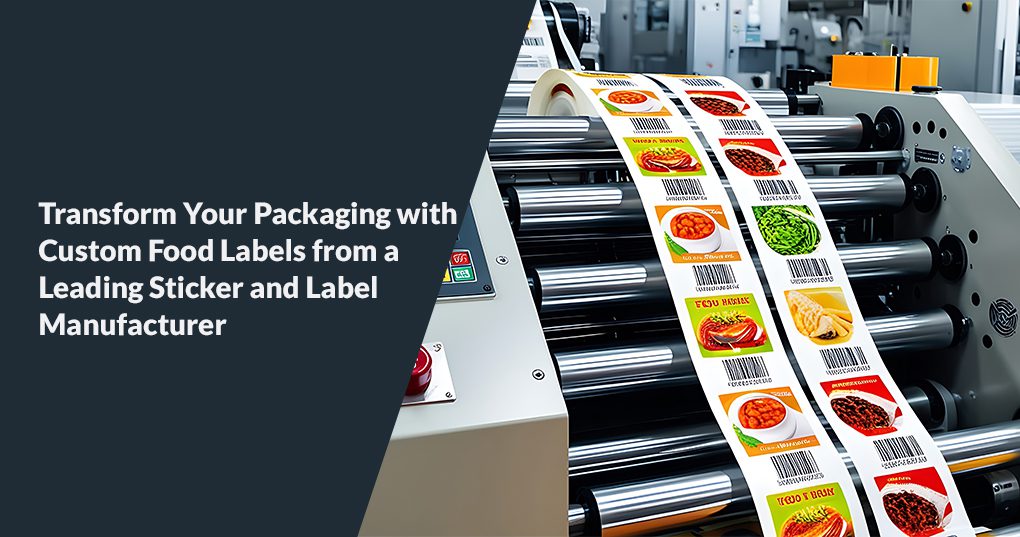
Food packaging is no longer limited to protecting what’s inside. Labels now carry the responsibility of conveying product quality, ensuring regulatory clarity, and cr
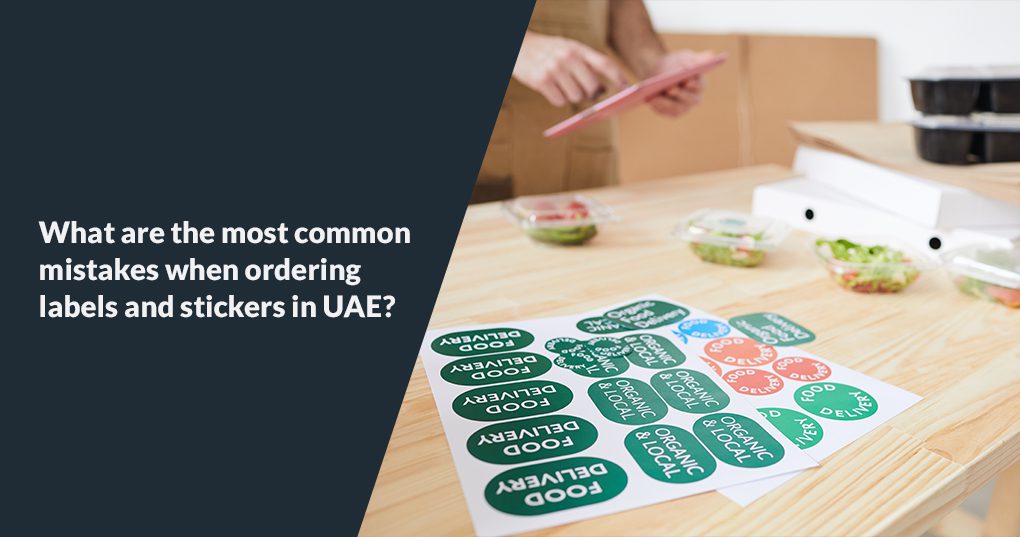
Ordering custom labels and stickers in the UAE may look like a simple task. Yet many businesses face problems when the printed labels do not match their real needs. Lab
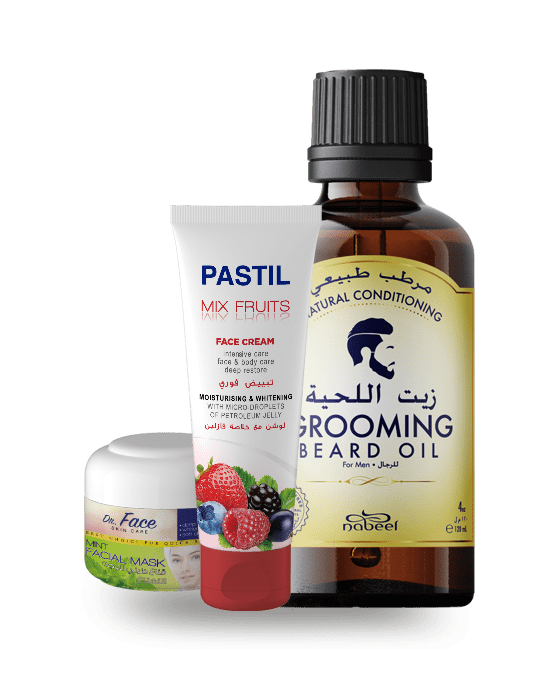

 STAR PRESENTATION
STAR PRESENTATION